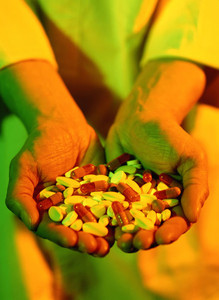A survey of oncologists in Canada and the US has shown that physicians are inconsistent when deciding how long an expensive new cancer therapy should extend a person’s life before the cost of the therapy is justified. The results of the survey also showed the benefit that oncologists demand from new treatments in terms of length of survival does not necessarily increase according to the price of the treatment [1].
- Home
-
Generics
News
- FDA approves generic teriparatide and levetiracetam
- US generics launch and approval for Dr Reddy’s and Lupin
- Five Chinese companies join UN’s MPP for Covid-19 medicines
- South Korean companies to make generic Bridion and COVID-19 drugs
Research
- Japan’s drug shortage crisis: challenges and policy solutions
- Saudi FDA drug approvals and GMP inspections: trend analysis
- Generic medications in the Lebanese community: understanding and public perception
- Community pharmacists’ understanding of generic and biosimilar drugs: Lebanon case study
-
Biosimilars
News
- FDA approves Poherdy (first interchangeable pertuzumab) and Armlupeg (pegfilgrastim) biosimilars
- EMA recommends approval for insulin glargine biosimilar Ondibta and denosumab biosimilar Osqay
- FDA approves denosumab biosimilars Osvyrti and Jubereq, Boncresa and Oziltus
- FDA approves aflibercept biosimilar Eydenzelt and label expansion for adalimumab biosimilar Yuflyma
- MORE EDITORIAL SECTIONS
- Search








 0
0











Post your comment